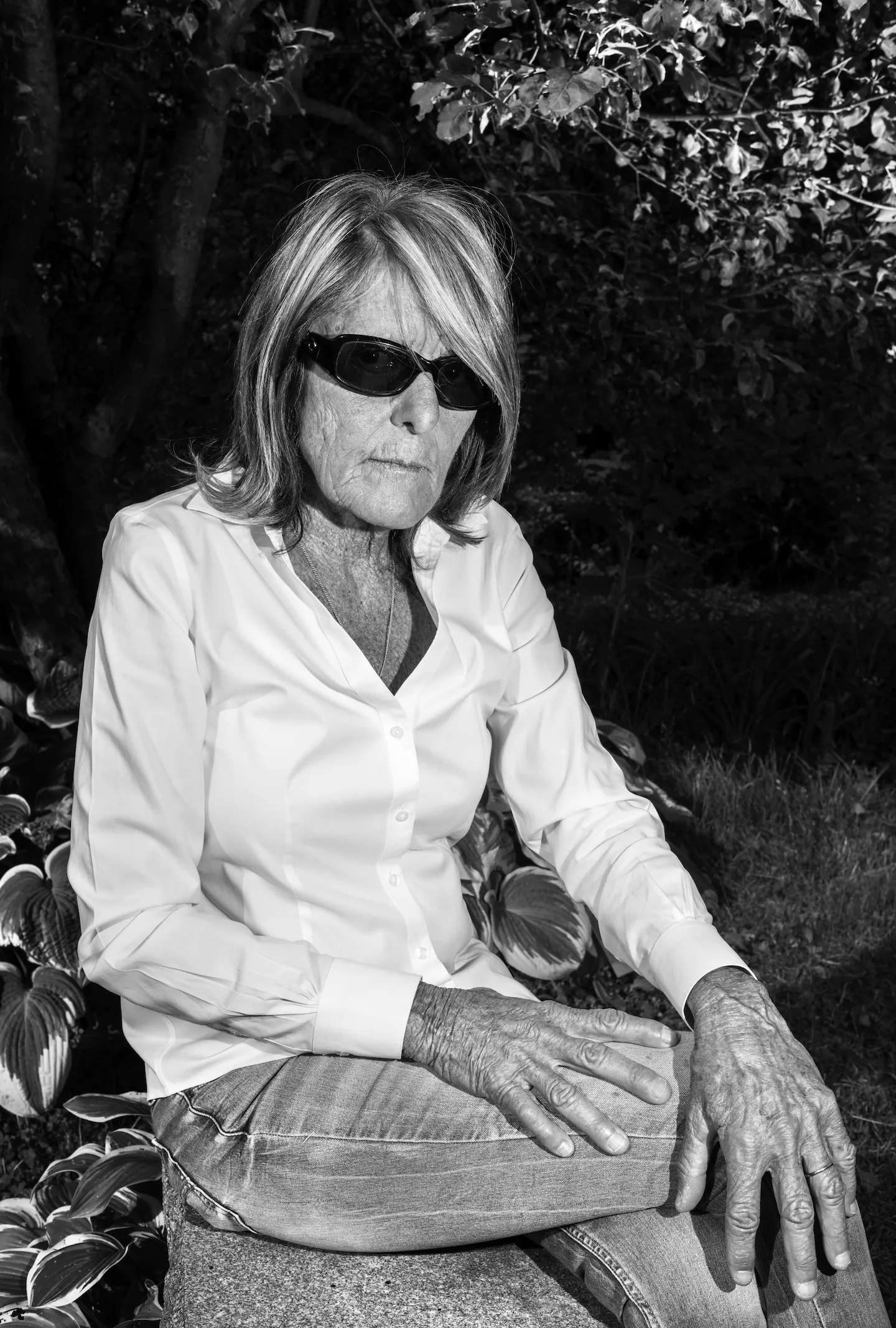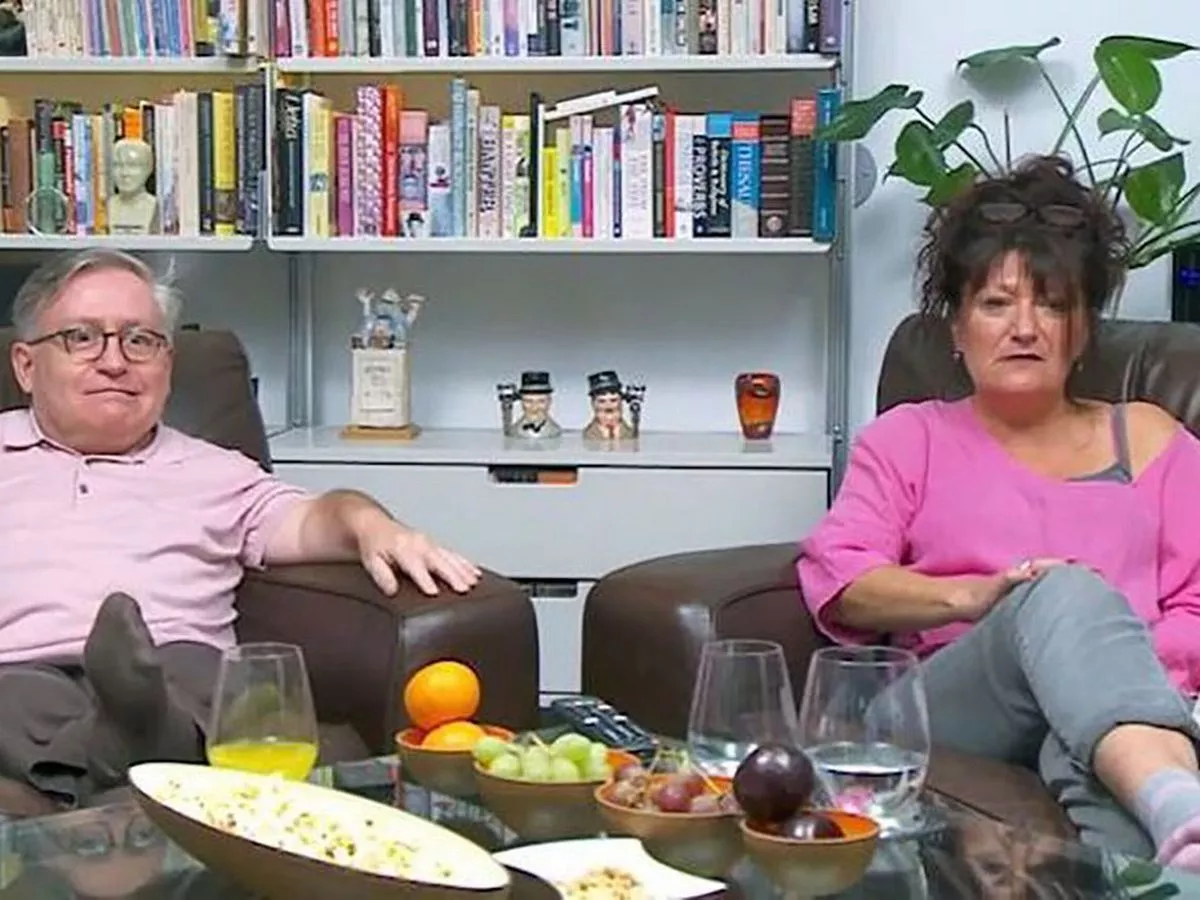Copyright The Boston Globe

The opening piece, “Flour,” conjures a surreal journey in a minivan with three broad seats the narrator calls the celestial, terrestrial, and chthonic, striking a tension that threads through the collection. There’s an eerie mood: a chauffeur who translates Coptic texts, a relationship on the rocks, hotels glitzed up by Texas billionaires. At one point the pair pull off the road and spread a blanket for a picnic. “The car looms beside us, without agency. The driver had once confessed to me that he loved it as he loved nothing in his life before and that if I ever found it necessary to separate him from its care he would probably kill himself,” the narrator opines. “The both of them could crush me like an insect at any time. It is a serious business, a most serious business.” Williams’s serious business is to plumb the volatile interior lives of her characters. In “After the Haiku Period,” elderly twin sisters scheme to bring down a Wyoming abattoir, atoning for their father’s ill-gotten fortune. “The Fellow,” set in an artists’ colony, features a biblical flood and a talking dog. There’s another talking dog in “Argos,” a flash fiction recounted by Odysseus’s canine; in less than three pages Williams underscores how myths crash into our everyday selves, shaping us, upending conventional (sentimental?) notions of what makes us human. Argos, Athena tells him, is “a good boy.” The author seasons the title story with a Cormac McCarthy-esque existentialism, a twist of the uncanny. Reeling from a terminal cancer diagnosis, a 63-year-old man delivers the news to his frail mother in her care home; unmoved, she responds with a koan: “Only the knowledge that results in self-transformation is necessary. Resurrection comes first. Death after. Unimportant.” In “Susan & George” a deceased man, smitten with the late critic Susan Sontag, travels to her childhood backyard, hoping to find a clue to her prodigious genius while drawing on an anecdote he’d discovered: “It was difficult work, conscious work, to dig a hole wherein she would begin composing a self that would forget nothing, that would defer to nothing. A hole six feet wide and six feet deep, her own trou-de-loup, holiest of secular holes, of intellectual holes, the hold Susan dug unaided, with her childish hands, behind the bungalow at 2409 East Drachman in Tucson, Arizona.” Pure Williams! “The Pelican Child” echoes her acclaimed novels: minimalist, cerebral, fixed in the world but seen aslant. Hers is a fiction of the absurd, born of a woozy America that doesn’t know how to move forward, a stasis that seems weirder from tale to tale. These are real people with real problems, though, if blurred at the edges; the prose is beautifully lean, not an ounce of fat on the bones. “Nettle” unspools like a Möbius strip; its abstract language yields a plot about dislocations of grief and remembrance. Another story, “Chaunt,” is set in Dove, a prison-style building perched in the windy desert. Jane Click has lost her son in an accident and has tucked herself here, a kind of erasure, yet she seeks release in dream visitations to an animal refuge. “Chicken Hill” reveals the secrets of a sick girl. The boundary between the living and the dead is porous, Williams suggests, as a Día de los Muertos parade marches through a town, kids grinning in skeleton costumes. Mortality weighs on the author’s mind. In the brilliant “My First Car,” Cinnabar finds lodging at a motel called the “It’ll Do” and works at an infant daycare while the owner takes a sabbatical to pray for the health of a few children. Her friend Marilyn and Marilyn’s partner, Bobby, unleash their philosophical musings on the young woman. “’Bobby thinks Death’s behind us, an arm’s length back and to the left,’ Marilyn says, ‘You can turn to your death and ask him if this is so, that you’re crushed and wrung out and finished.’” Williams comments on her narrative technique, reflecting her deeper investigations. Souls adrift among mesas; trailer parks for the downwardly mobile; corporations shattering fragile ecosystems; a fleet of Oldsmobiles and Jaguars — it would be tempting to describe “The Pelican Child” as an American allegory in the Trumpian era. But the collection is also Williams’s romp across the story form, bending conflicts and chronology into elastic layers. She flavors her pieces with piercing observations, a pinch of irony, and her signature moxie. She’s still got it, still mulling the riddles we pose to each other, and to ourselves. Or as she writes of a character: “She presented mystery in terms of mystery. And is that not substance! Is that not meaning!” Hamilton Cain is a book critic and the author of a memoir, “This Boy’s Faith: Notes from a Southern Baptist Upbringing.” The Pelican Child: Stories By Joy Williams Knopf, 176 pages, $27



